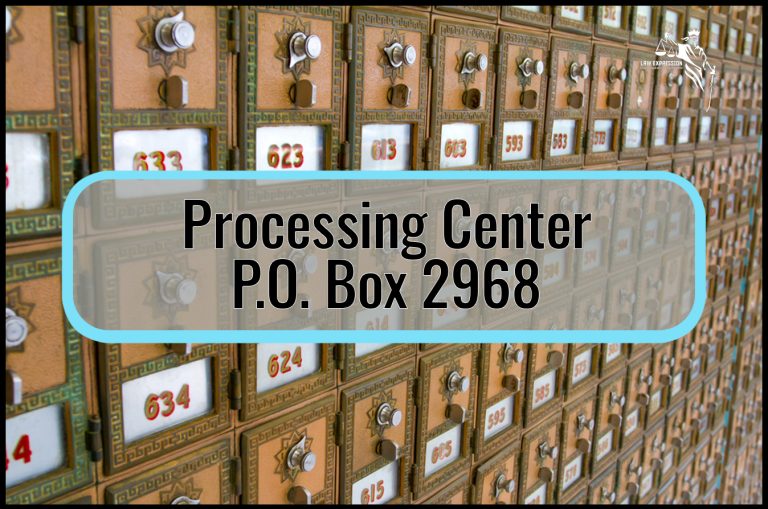Can You Hyphenate Your Last Name Without Legally Changing It?
If you’re considering hyphenating your last name but aren’t sure if you want to legally change it, there are a few things to keep in mind. First, know that you can absolutely hyphenate your last name without legally changing it- so no need to worry about going through a lengthy and potentially costly legal process. All you need to do is start using the new hyphenated name consistently and inform any relevant institutions (like your workplace or your child’s school) of the change.
However, there are a few potential downsides to consider before making the switch.
- Check whether your state allows you to hyphenate your last name without legally changing it
- If your state allows it, contact the Social Security Administration and request a new social security card with your hyphenated last name
- Change your last name on your driver’s license and vehicle registration
- Notify your bank of the change so that they can update your accounts and documents
- Update your contact information with thehyphenatedlastname@gmail
Why I Didn’t Change My Last Name + Tips on Changing Yours & Doing it Uniquely
Problems With Two Last Names
If you have two last names, you may have experienced some problems. People may not know how to address you, or they may forget one of your last names. You may also have trouble fitting both of your last names onto documents.
Here are some tips for dealing with having two last names.
First, decide how you want to be addressed. Do you want people to use both of yourlast names, or just one?
If you go by one last name, which one do you want to use? It’s up toyou, so decide what feels most natural.
Once you’ve decided how you want to be addressed, let people know.
When meeting newpeople, introduce yourself with your preferred name and make sure your email signatureand social media profiles reflect this as well. If people forget and use both of yourlast names, gently remind them which one you prefer.
You may also run into problems when trying to fit both of your last names onto formsor other documents.
In this case, try abbreviating one of the names or using a initialsinstead. For example, if your full name is Jennifer Smith-Jones, you could use “JenniferS-J” on a form instead of writing out the whole thing.
What are the Rules for Hyphenated Last Names?
The rules for hyphenated last names are quite simple: if both parents have the same last name, then the child will too. If one parent has a different last name than the other, then the child will have a hyphenated last name. For example, if John Smith and Jane Doe are married, their child’s last name would be either Smith or Doe-Smith.
There are a few exceptions to this rule. If one of the parents has a hyphenated last name (such as Mary-Kate Olsen), then the child will likely have a hyphenated last name as well. Additionally, some couples choose to give their children a double-barrelled surname (such as John Smith-Doe), even if both parents don’t share the same surname.
Ultimately, it’s up to the parents to decide whatlast name(s) their child will have.
Can I Legally Have Two Last Names Without a Hyphen?
If you’re considering taking on a second last name without hyphenating, there are a few things to keep in mind. In the United States, you have the legal right to use either your birth name or your married name, and you can change your name at any time simply by using a different one. However, there can be some practical considerations that might make hyphenating easier.
For example, if you have a professional degree or license under your birth name, you’ll likely want to keep that intact so you can continue practicing under your given credentials. The same goes for published works – if you’re an author or artist with a body of work under your birth name, it might be confusing for fans or customers if you switch to using only your second last name. There can also be issues with identification documents – both in terms of getting new ones issued in your newname, as well as potential problems when travelling if your passport still has your old name.
In general, though, it’s perfectly legal to use two last names without a hyphen in the US.
How Do I Legally Hyphenate My Name?
When it comes to legally hyphenating your name, there are a few things you need to keep in mind. First and foremost, you’ll need to check with your local government about what their specific requirements are. In most cases, you’ll need to provide proof of your identity, such as a driver’s license or passport, as well as proof of your current name.
You may also be required to provide a reason for why you’re changing your name.
Once you have all the necessary documentation in order, you’ll need to fill out a form (usually available at your local courthouse or online) and pay a small fee. After that, it’s simply a matter of waiting for your new hyphenated name to show up on official documents.
It’s important to note that not everyone will recognize your new name right away, so it may take some time getting used to signing documents and introducing yourself with both names. However, once it’s all done, you can rest assured knowing that your new hyphenated name is now legal!
Can I Use One Last Name If I Have Two?
Whether you can use one last name if you have two depends on a few factors. If both of your last names are equally common, then it might not matter which one you use. However, if one of your last names is much more common than the other, then using bothlast names can help to distinguish you from other people with the same name.
Additionally, if you have a hyphenated last name or a last name that includes multiple parts (such as a maiden name), then using bothlast names can help to make sure that all parts of your name are included. Ultimately, whether or not you use bothlast names is up to you and what feels most comfortable for you.
Conclusion
Yes, you can hyphenate your last name without legally changing it. This is a common practice for married couples who want to keep their own last names. You can simply start using a hyphenated last name and do not need to go through the legal process of changing your name.


